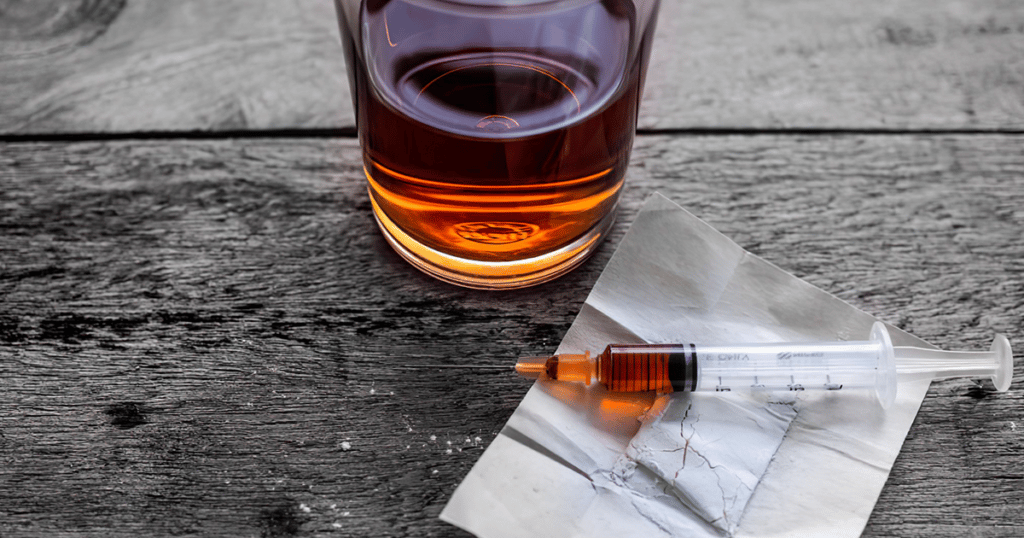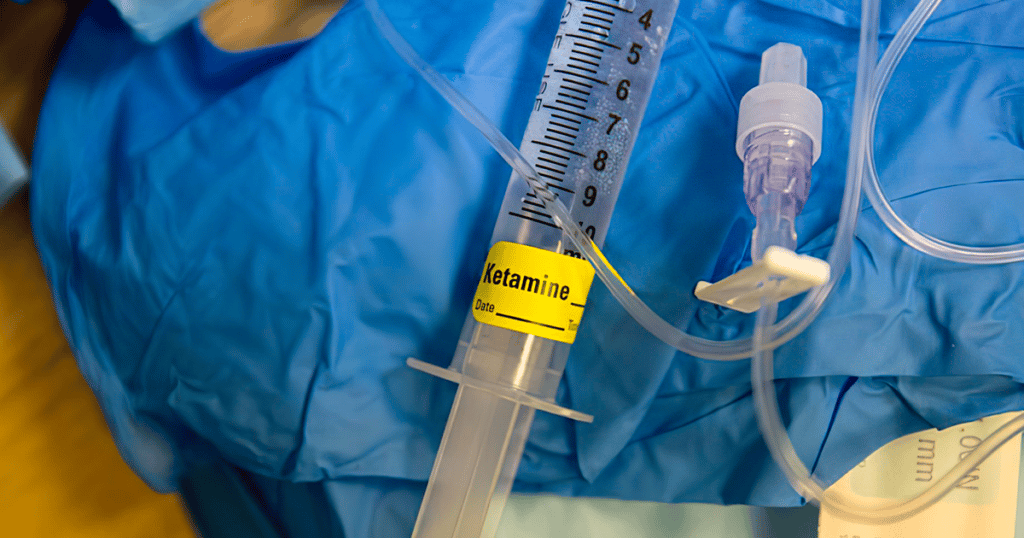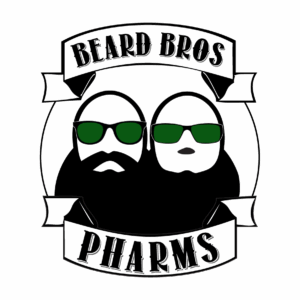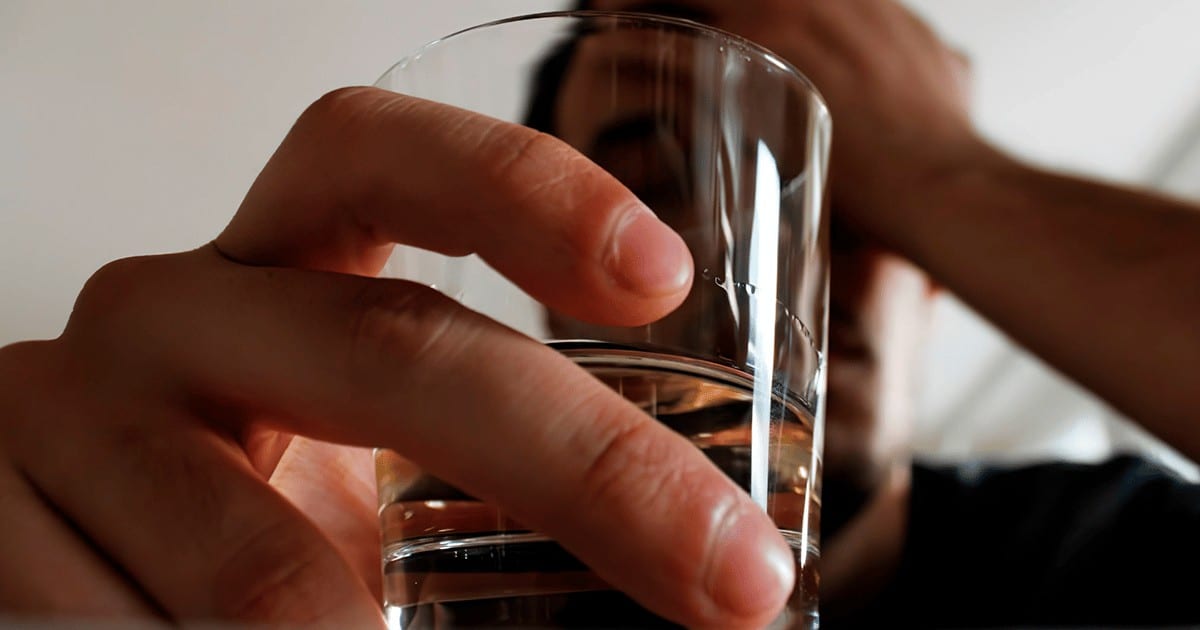Alcohol abuse is the cause of millions of deaths across the world. Alcohol abuse causes physical damage to internal and external organs and can trigger both mental and behavioral conditions. In the United States alone, almost 7% of adults suffer from alcohol use disorder, while 30% of the adult population has experienced alcohol-related problems.
Alcohol use disorder has a massive impact on healthcare worldwide, and there is significant importance in establishing effective treatment for this disorder. Current solutions, such as behavioral therapy and medications like naltrexone, present their problems. However, studies into using ketamine to treat this disorder show positive results with little to no adverse side effects.
Using ketamine As A Treatment Option For Alcohol Use Disorder
Over the last few decades, there has been an increasing interest in using psychedelics to treat substance abuse and behavioral and mood disorders.
Ketamine, a psychedelic compound, is gaining increased attention to treat alcohol use disorder (AUD), with clinical studies currently being conducted. These studies aim to explore the potential of ketamine as a viable treatment for these disorders.
To understand the relevance of using psychedelics such as ketamine as a new treatment option for addiction and mental health, we need to understand the mechanics behind the effectiveness of psychedelics and how psychedelics affect the neural network within the human body.

The Mechanics Of Ketamine
The effectiveness of ketamine as a treatment for AUD is thanks to the reduction in the brain network activity, best known to be overstimulated in mood disorders. The brain network called the DMN (Default Mode Network) is associated with self-reflective states, overactivated depression, and other mental diseases.
When ketamine is ingested, the effects include:
- “Ego dissolution”
- Increased consciousness and spiritual awareness
- A massive reduction of symptoms associated with mood and substance use disorders
Ketamine is best known for its anesthetic properties. However, when administered correctly and in lower doses, users can experience psychedelic effects. These psychedelic effects include hallucinations and a state where individuals feel distant from reality, which is why ketamine is classified as a dissociative drug.
Ketamine Therapy And Studies
Multiple research facilities have conducted studies on the underlying potential of ketamine within the mental health industry. These studies’ primary focus has been on treating depression and alcoholism.
It is beneficial to mention that the use of ketamine on its own should be paired with psychotherapy for the treatment to be safer and more effective. Ketamine psychedelic therapy (KPT) has been studied and applied in some countries over the last 100 years before the ban on psychedelics.
A typical KPT therapy session includes a psychiatrist session days before the ketamine is administered. This is done to ensure that the patient is sufficiently prepared. During the ketamine session, a clinician, and sometimes a ‘spiritual’ guide, is present to help monitor and support the patient.
In one 10-year study, AUD patients were administered ketamine via intravenous injection, stating that they could smell alcohol during the trip and associated negative feelings with alcohol.
The advantage of using ketamine for assisted psychotherapy lies in its ability to supply patients with short brief trips compared to other psychedelics. Patients have described their experience as “cathartic” and “resolutive” and have shown positive changes in their way of life.
Ketamine Studies And Awakn’s Clinical Trials
The use of ketamine as an effective treatment for AUD and other mental disorders has led to the clinical trials of Awakn’s KARE (Ketamine for Reduction of Alcoholic Relapse) phase 2b led by Professor Celia Morgan from the University of Exeter in collaboration with the University of London and the Imperial College. The double-blind trial involved nearly 100 people who suffered from severe alcoholism.
The clinical trial had two aims;
- The first was to compare ketamine with a placebo to gauge the safety and efficacy of increasing the patient’s alcohol abstinence.
- To assess something that has never been evaluated in any mental health research study involving ketamine: the effects of ketamine administration with and without therapy.
The patients were randomly assigned into four groups:
- Ketamine with assisted therapy
- The placebo with therapy
- Ketamine with no therapy
- The placebo with no treatment.
All groups received three infusions per week, and their progress was assessed through psychological and behavioral tests three to six months after the ketamine or placebo treatment.
Awakn found that the group that received both the ketamine and therapy reached nearly 90% alcohol abstinence in the first six months of follow-up, twice as much as the placebo group, while some patients did not relapse beyond six months.
Patient improvements were observed in decreased depression symptoms three months after treatment in both ketamine groups. Further results from the ketamine and therapy group showed that the participants drank five times over the total six months follow-up, significantly reducing the risk of alcohol-related death.
Awakn has announced that they will be conducting an upcoming phase III trial.

“Enjoyed that first hit? Come chill with us every week at the Friday Sesh for a freshly packed bowl of the week’s best cannabis news!”
- Facebook and Instagram Loosen Cannabis Restrictions, But Is It Enough From Meta?
- Combating Violent and Dangerous Crime Act Targets “Candy-Flavored” Cannabis Products
- Retail Spotlight – Mayflower in Lowell, MA
- Benzinga Chicago 2025 Recap
- Iowa’s Surprising Veto of Psilocybin Bill HF 383
- North Carolina House Bill 328 and the Growing Trend of Hemp Regulation in the U.S.













